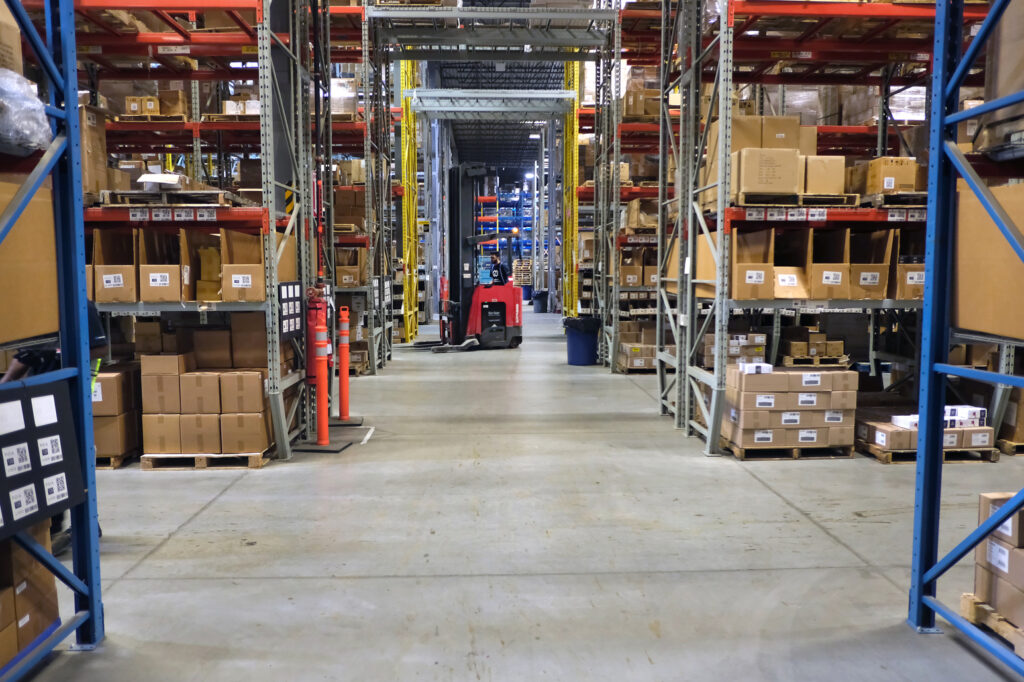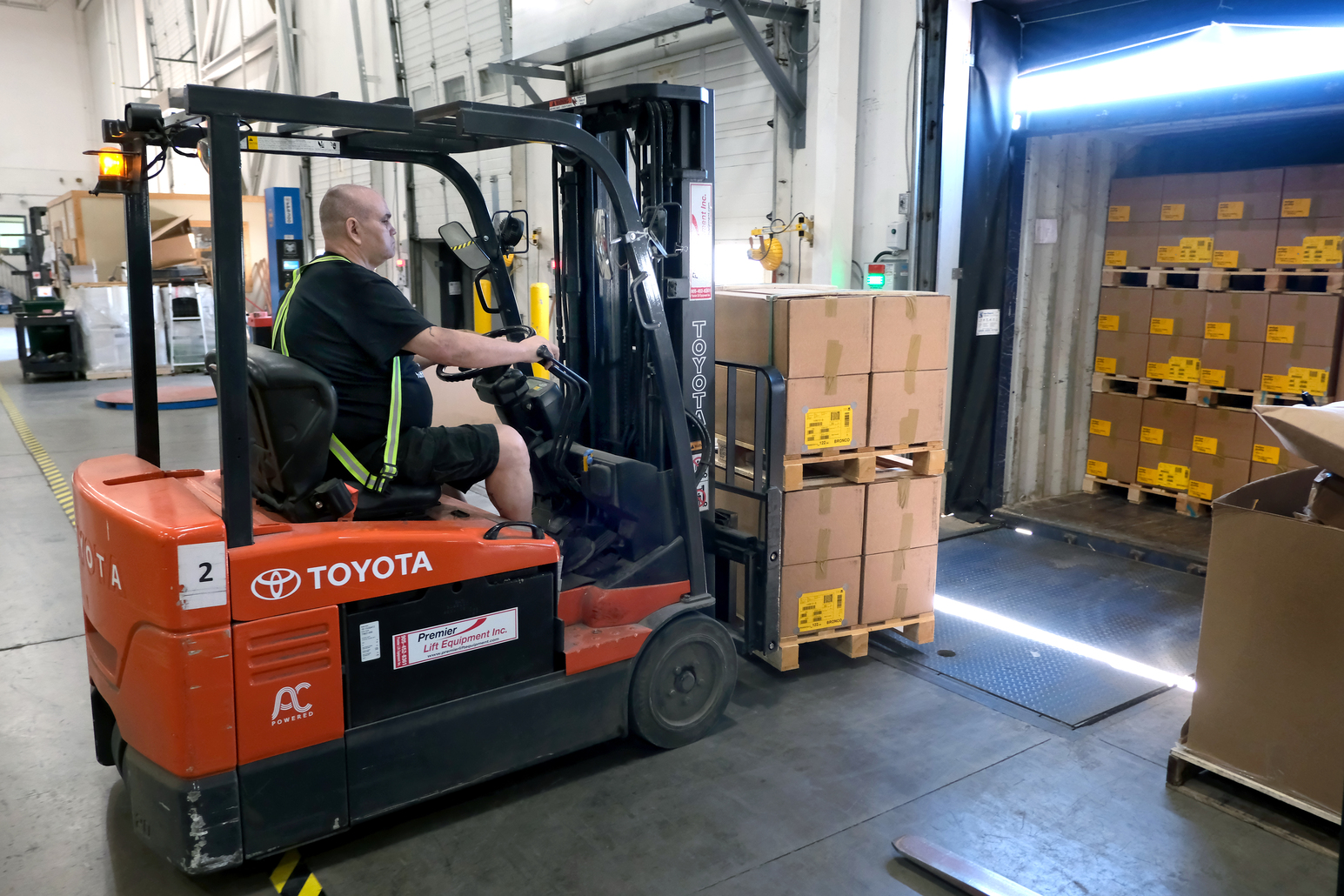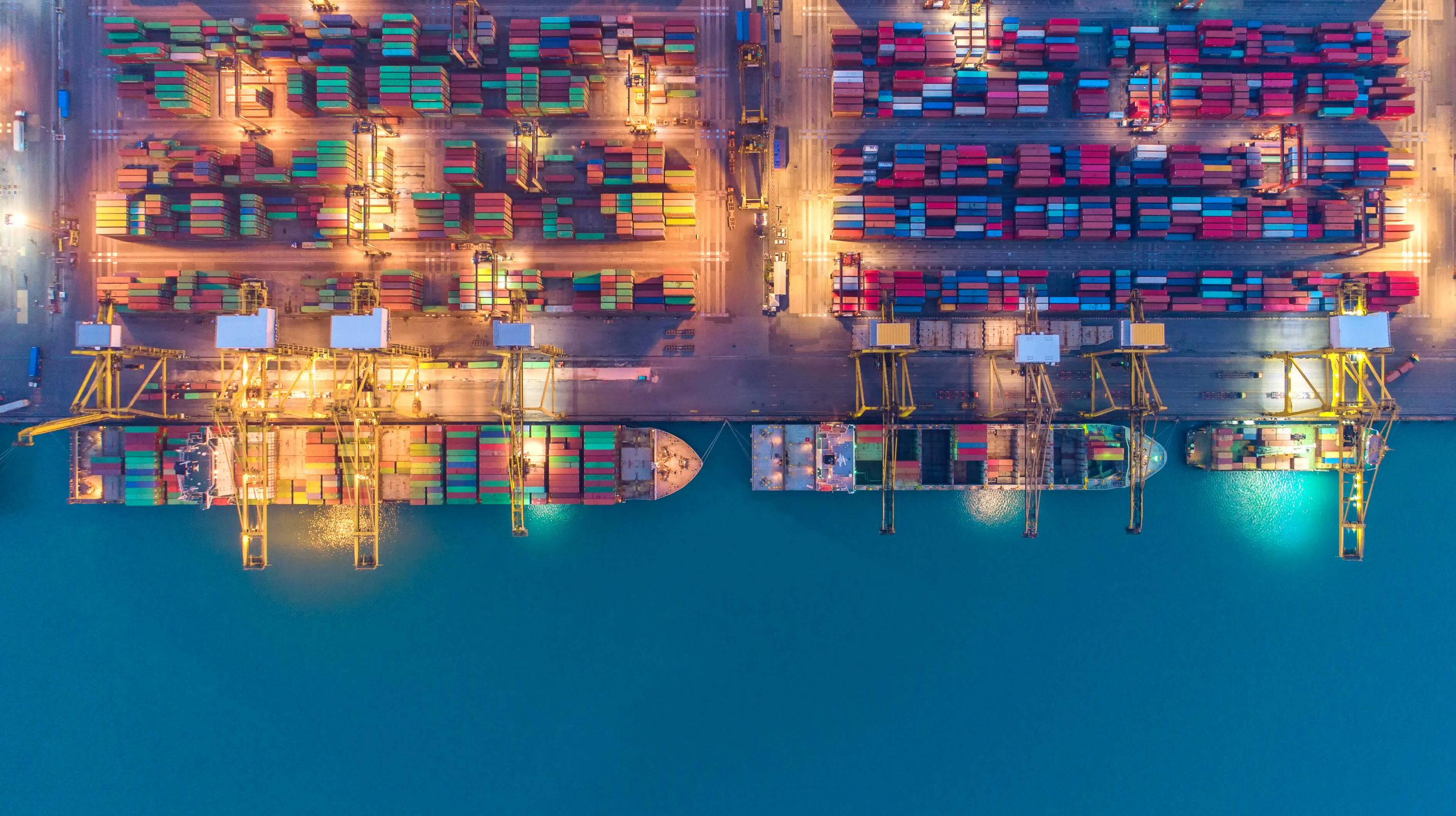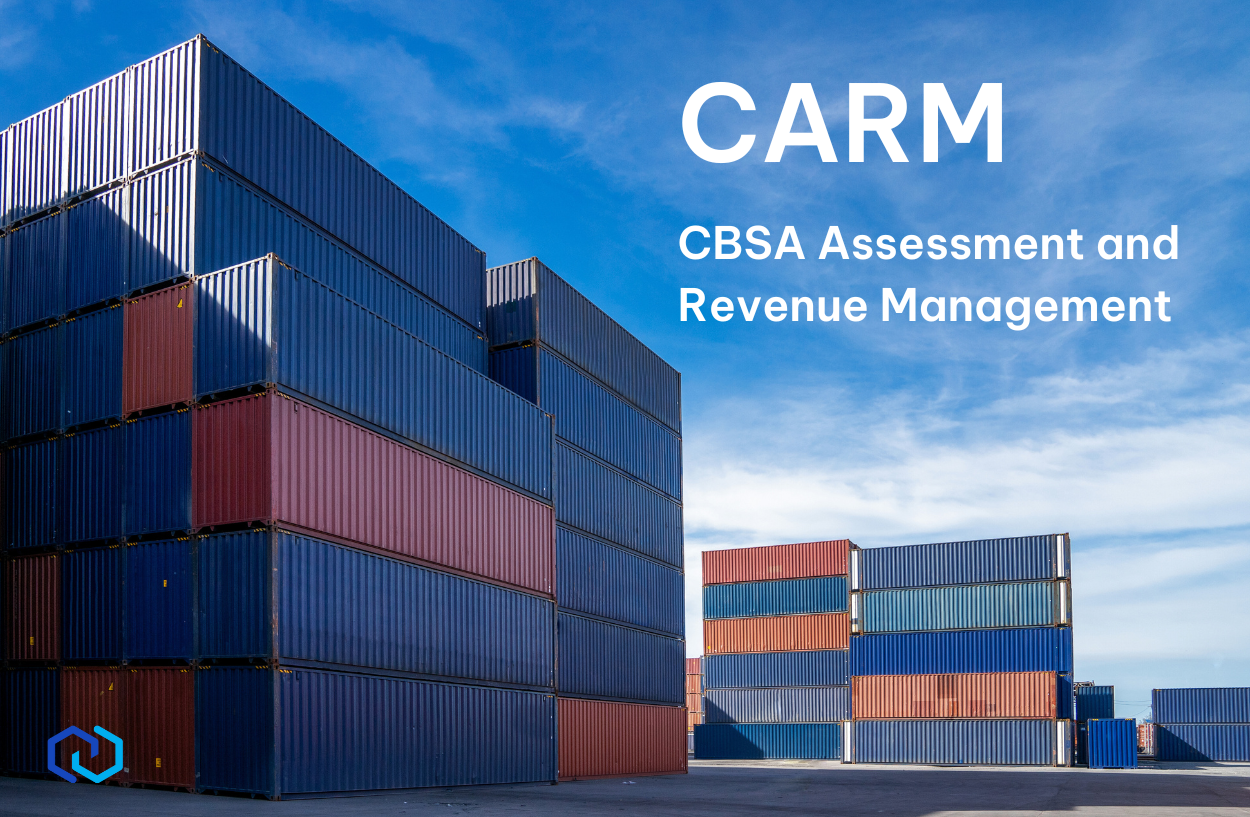Ecommerce businesses face numerous decisions that can directly impact their operations and growth potential, and one critical choice is how to handle order fulfillment. Should you manage fulfillment in-house or partner with a Third-Party Logistics (3PL) provider? Each approach has its advantages and challenges, and understanding these can help you make the right decision for your business. In this post, we’ll explore the differences between handling your own ecommerce order fulfillment and partnering with a 3PL, while highlighting the key factors to consider when determining the best option for your business.
Key Differences Between Self-Fulfillment and 3PL
Before diving into the details, it’s important to clearly understand the distinction between self-fulfillment and working with a 3PL provider.
Self-Fulfillment: Maintaining Full Control
Self-fulfillment means that you manage every aspect of your fulfillment process in-house. This includes storing your inventory, processing orders, packaging products, and shipping them directly to your customers. Here are some characteristics of self-fulfillment:
- Complete Operational Control: As your business grows, 3PL providers can scale with you. Need more space? No problem. Expanding to new markets? They’ve got it covered.
- Customization Capabilities: Self-fulfillment allows for personalized touches, such as branded packaging or customized inserts, creating a unique customer experience. Some 3PLs support customization as well.
- Fixed Costs: You’re responsible for covering fixed costs such as warehouse rent, staff salaries, and shipping equipment, regardless of fluctuations in order volume.
However, managing your own fulfillment can be time-consuming and costly, especially as your business scales. Without efficient processes and systems in place, you risk bottlenecks in your operations, delayed orders, and increased overhead.
Partnering with a 3PL: Leveraging Expertise and Flexibility
Third-Party Logistics (3PL) providers handle the storage, packing, and shipping of your products on your behalf. This outsourcing model enables you to focus on other core areas of your business, such as marketing and product development, while relying on a specialized partner for fulfillment operations.
- Operational Efficiency: 3PLs are logistics experts with advanced technology and systems in place to ensure that orders are fulfilled accurately and quickly.
- Scalability: A major advantage of using a 3PL is the ability to scale operations without needing to invest in additional warehouse space, staff, or equipment.
- Time and Resource Savings: Partnering with a 3PL frees up your time and resources, allowing you to focus on business growth rather than the day-to-day logistics of order fulfillment.
While a 3PL can help streamline your fulfillment process, it also means relinquishing some control over how orders are handled. Ensuring that the 3PL provider aligns with your standards and expectations is critical to maintaining a consistent customer experience.
Comparing the Benefits and Drawbacks
To make an informed decision between in-house fulfillment and partnering with a 3PL, it’s helpful to evaluate the pros and cons of each approach.
1. Control vs. Flexibility
One of the biggest differentiators between self-fulfillment and 3PL is the level of control you maintain over the fulfillment process. If you manage your fulfillment in-house, you have direct oversight of inventory management, packaging, and shipping processes. This level of control allows you to tailor every aspect of the fulfillment experience to meet your brand standards.
However, maintaining this level of control often limits your flexibility.
In-house fulfillment may limit your ability to scale efficiently as order volumes increase. Conversely, a 3PL offers flexibility and scalability, allowing you to adjust capacity based on demand without having to invest in additional infrastructure.
- Self-Fulfillment Benefits:
- You maintain control over every stage of the fulfillment process.
- Customization options for packaging and delivery can enhance the customer experience.
- 3PL Benefits
- Flexible and scalable to meet changing order volumes.
- Access to expertise and infrastructure without the need for in-house investment.
2. Cost Considerations
When it comes to cost, both self-fulfillment and 3PL have unique financial implications. Self-fulfillment typically involves fixed costs, such as warehouse rent, utilities, staff wages, and equipment purchases. While these costs remain consistent, they can become a burden during slower periods when order volumes decrease.
On the other hand, a 3PL operates on a variable cost model. You only pay for the services you use, which can lead to significant savings during off-peak times. Additionally, many 3PL providers have relationships with shipping carriers that allow them to offer discounted rates, further lowering your fulfillment costs.
- Self-Fulfillment Benefits:
- Predictable, fixed costs that can be managed more easily if order volumes are consistent.
- Greater control over managing expenses related to logistics and operations.
- 3PL Benefits
- Variable costs tied to order volume, which can result in lower overall expenses.
- Potential access to discounted shipping rates and reduced labor costs.
3. Expertise and Efficiency
Fulfillment can be a complex process, requiring attention to detail, timely execution, and advanced technology. Self-fulfillment demands that you invest in the tools, software, and expertise needed to maintain operational efficiency, which can be overwhelming as your business grows.
A 3PL provider brings expertise, technology, and established processes to the table, ensuring a streamlined fulfillment operation from start to finish. With their experience, 3PLs can help reduce order errors, improve shipping times, and optimize your fulfillment process.
- Self-Fulfillment Benefits:
- If you have the resources, in-house fulfillment gives you complete control over technology and processes.
- It’s ideal for businesses that want to create highly customized fulfillment experiences.
- 3PL Benefits
- Leverages advanced technology and expertise to improve fulfillment efficiency.
- Reduces the burden of managing logistics internally.
Choosing the Right Fulfillment Strategy
Selecting between self-fulfillment and partnering with a 3PL comes down to your business’s unique needs, goals, and growth potential. To help make the decision, consider the following:
- Order Volume: If you’re consistently processing a high volume of orders or anticipate rapid growth, a 3PL may offer the scalability and efficiency you need.
- Budget: Evaluate both the short-term and long-term costs of each option. While self-fulfillment requires fixed costs, 3PLs offer flexibility and variable pricing that may be more cost-effective as you scale.
- Control: Determine how important control is to your fulfillment operations. If you prioritize maintaining hands-on oversight, self-fulfillment might be the best option. If flexibility and time savings are more important, a 3PL could be the better fit.
Ultimately, the decision between self-fulfillment and partnering with a 3PL depends on your business’s operational priorities and long-term growth objectives. By carefully evaluating your needs and resources, you can select the fulfillment strategy that aligns best with your goals, enabling you to deliver a seamless customer experience and drive your business forward.
At Mantoria, we offer brands of all sizes a top tier order fulfillment experience, that we customize based on your needs to make your brand stand out from your competitors. If you are considering outsourcing your warehousing and ecommerce order fulfillment to a 3PL, find out how we can add value to your business and ecommerce brand with our strategic fulfillment centers across Canada.
For more detailed insights on our logistics and fulfillment solutions, contact us to talk to one of our experts.



